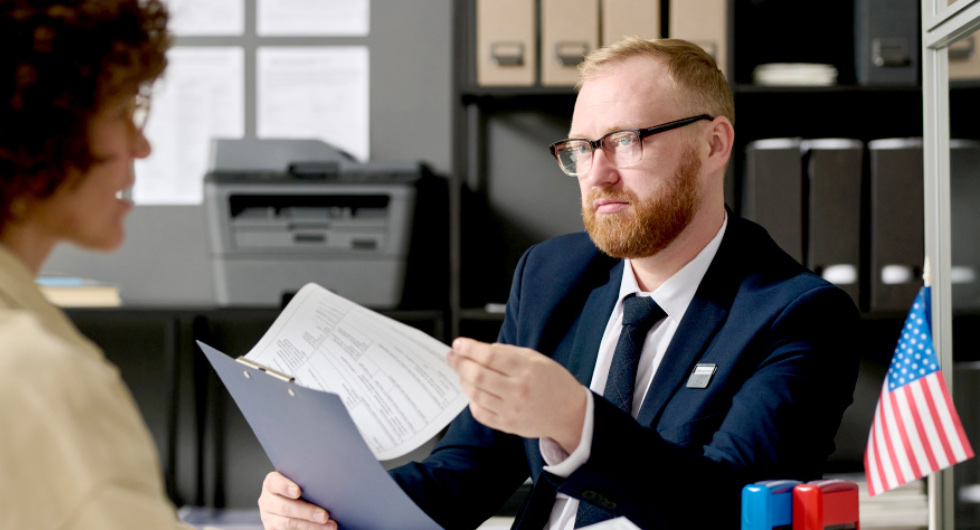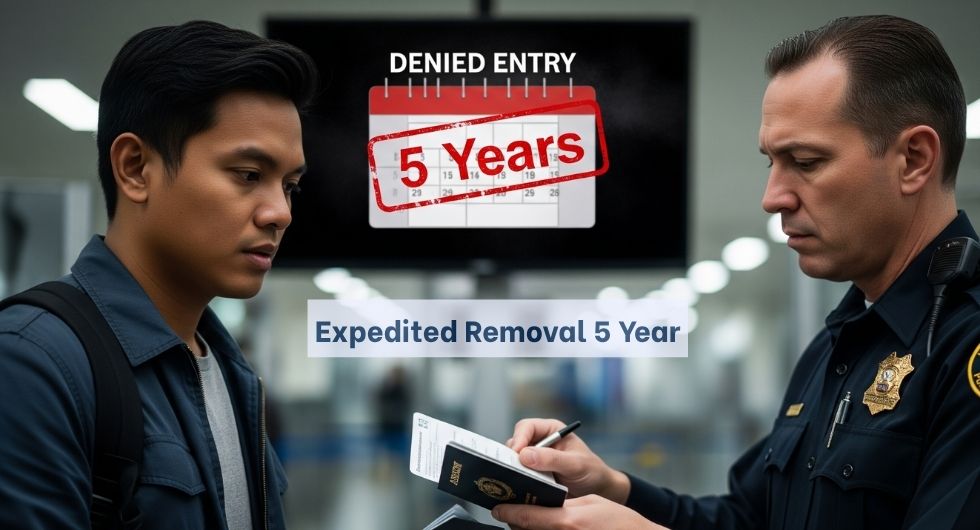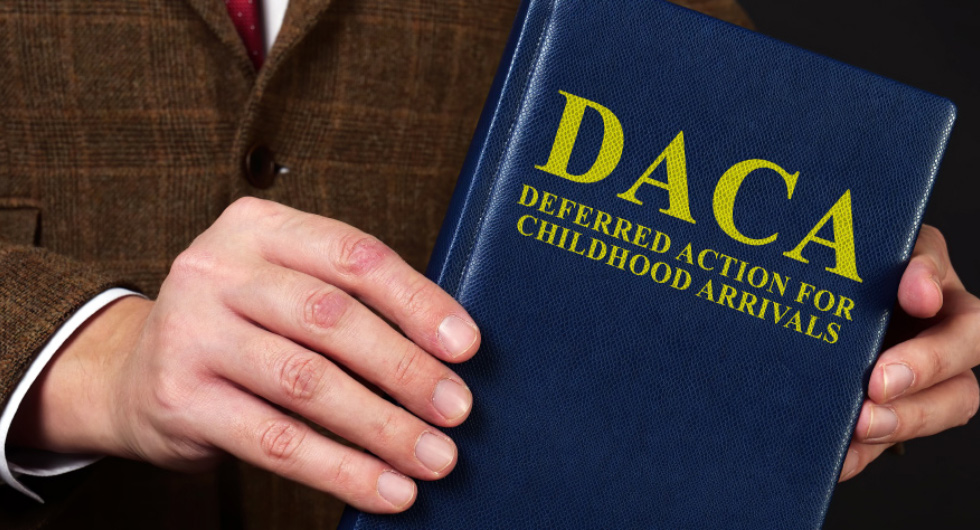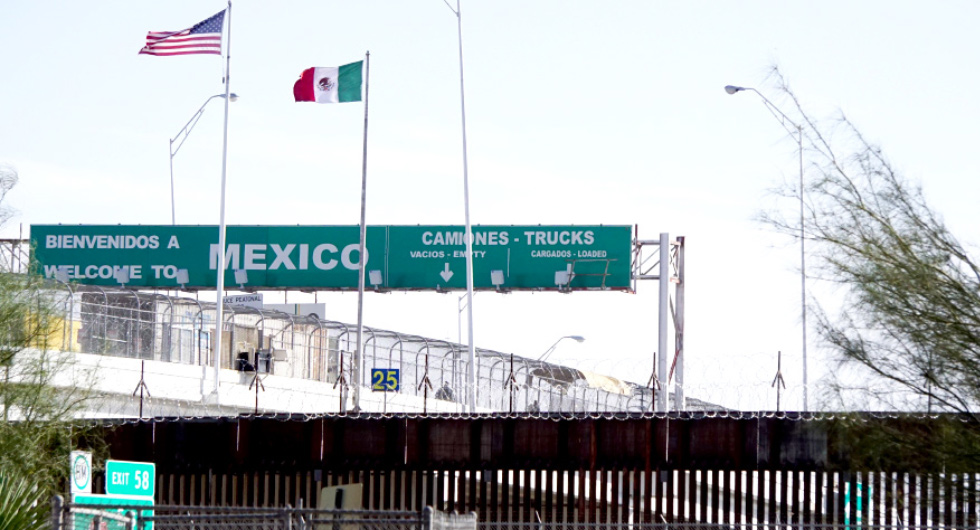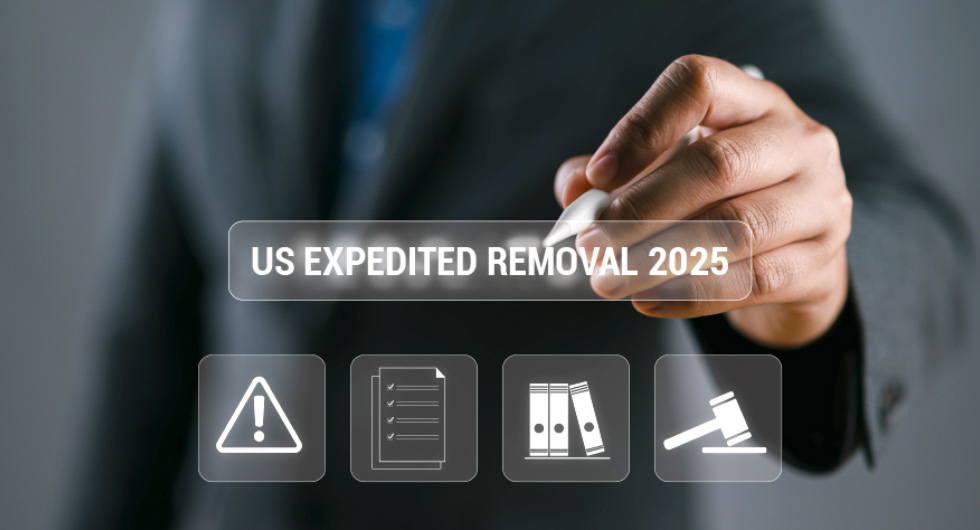Bank Statement for US F1 Visa: Real Experience, Updated Tips, and UOM Global Guidance
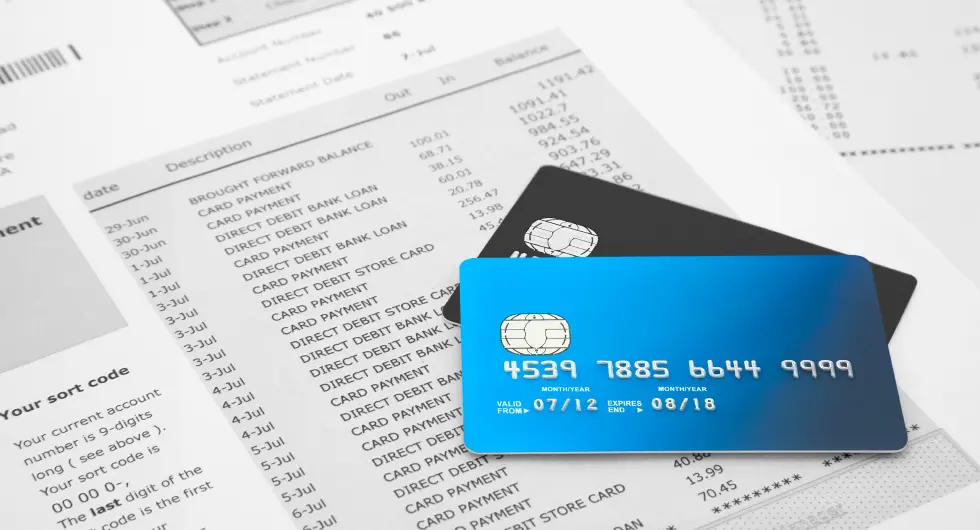
If you're planning to study in the United States, one of the most important—but often underestimated—parts of your F1 visa application is proving that you have the financial means to support yourself. The centerpiece of that proof? Your bank statement. At UOM Global, we've worked with hundreds of international students who asked the same question: “What exactly is required in a bank statement for US F1 visa approval?”
In this detailed guide, I’ll walk you through everything you need to know—based on real cases, the latest 2025 updates, and years of hands-on experience. We’ll also share expert tips to make sure your financial documents meet the F1 visa bank statement requirement the first time around.
1. Why the Bank Statement Matters for US F1 Visa Approval
When applying for a student visa, consular officers want reassurance that you won’t become a financial burden while studying in the U.S. That’s where your bank statement comes in.
The U.S. immigration authorities require clear proof that:
- You can cover the first year of tuition and living expenses
- You have a reliable source of funds for the remainder of your studies
- Your financial documents are authentic and traceable
This is why the bank statement for US F1 visa plays such a critical role in shaping the officer’s decision. If it’s missing, unclear, or inconsistent, your chances of approval drop significantly—even if your academic qualifications are outstanding.
At UOM Global, we help students structure their financial documents so they meet U.S. immigration standards and pass the scrutiny of the F1 visa interview.
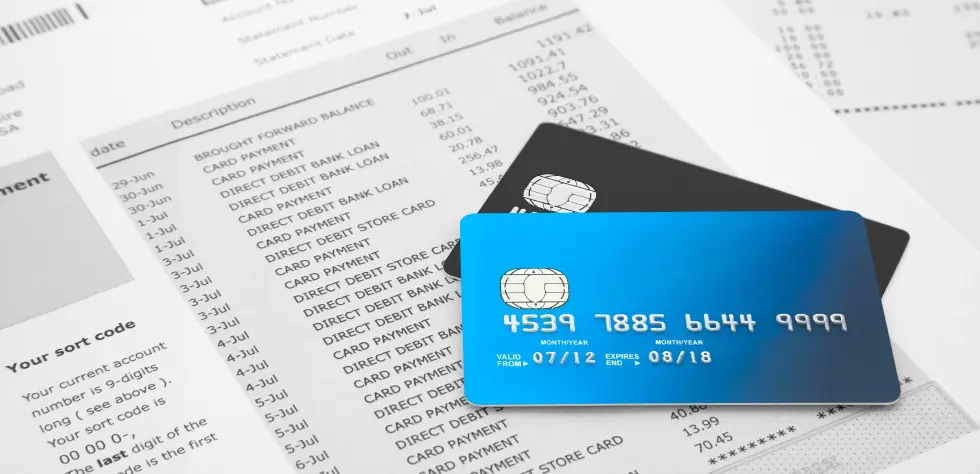
The Bank Statement Matters for US F1 Visa Approval
2. What Are the F1 Visa Bank Statement Requirements?
Let’s break down the core F1 visa bank statement requirement according to the latest USCIS and embassy standards:
- The statement should be issued within the last 30–60 days before your visa interview.
- It must be printed on the official letterhead of the bank and clearly include:
- Account holder’s full name
- Bank name and address
- Current balance (preferably in USD or clearly converted)
- Account opening date (optional but helpful)
- The balance should be equal to or greater than the amount mentioned on your I-20 form (usually covering one full academic year).
At UOM Global, we always review student bank statements before the interview to check for red flags—like unexplained lump sums or unclear account ownership. Getting your documentation right means you’re one step closer to a smooth visa approval.
Start Your U.S. Immigration Journey
3. Who Can Provide the Bank Statement for Your F1 Visa?
In most cases, the account holder can be:
- You (the student applicant)
- Your parents or legal guardians
- A scholarship sponsor or third-party financial sponsor
However, if you’re using someone else’s account, like your uncle or a friend, the consulate may ask for additional documents—such as an affidavit of support and proof of relationship.
The bank statement for F1 visa interview must align with your DS-160 application and financial sponsorship letters. Any discrepancies in the financial figures or sponsor names can lead to delays—or even rejections.
At UOM Global, we help you build a complete financial package, ensuring all parts of your documentation are consistent and properly linked.
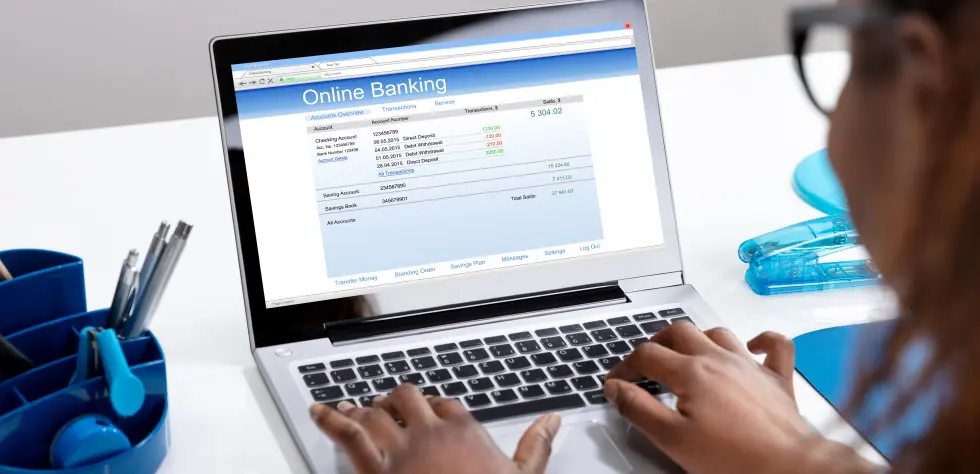
Who Can Provide the Bank Statement for Your F1 Visa?
4. How Much Money Should You Show in Your Bank Statement?
There’s no fixed rule across the board, but here's what we recommend based on experience and embassy expectations:
- At minimum, the amount on your bank statement should match the estimated cost listed on your I-20 (this includes tuition, fees, health insurance, books, and living expenses).
- For most undergraduate or graduate programs, this means showing $25,000 to $50,000 USD in liquid funds.
Keep in mind:
- Savings accounts are preferred over fixed deposits or mutual funds.
- Statements showing large recent deposits without a clear source may raise suspicion.
If you're unsure about how much to show—or how to structure your bank statement for US F1 visa—we at UOM Global can assess your documents before your submission.
5. Common Mistakes to Avoid in F1 Visa Bank Statements
From my years in immigration advising, here are the most common mistakes students make when presenting their bank statement for F1 visa:
- Submitting old or expired statements
- Using fake or altered documents (automatic denial and a possible ban)
- Presenting bank letters without account balances
- Showing insufficient funds or funds in someone else’s name without explanation
- Submitting statements from unreliable banks or institutions not recognized internationally
Avoid these pitfalls. The U.S. embassy has strict fraud detection protocols, and even minor inconsistencies can result in visa denial. UOM Global always performs a thorough check of your financial documents to avoid these costly errors.
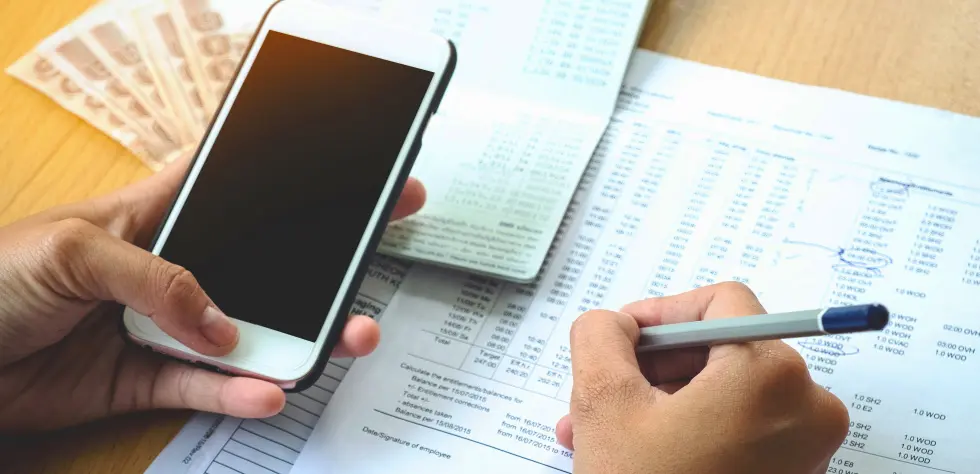
Common Mistakes to Avoid in F1 Visa Bank Statements
6. Tips to Strengthen Your Bank Statement for F1 Visa Interview
To make your financial documents stronger, follow these real-world tips that we've successfully applied for hundreds of students:
- Include multiple months of bank statements (e.g., last 3–6 months) for transparency.
- Provide an affidavit of support if the funds are not in your name.
- Translate any foreign-language bank documents into English, using a certified translator.
- Highlight consistent income patterns or a stable source of funds.
- Avoid last-minute large deposits—it may signal “window dressing” to the visa officer.
Remember, it’s not just about the number—it’s about credibility. A well-prepared file makes you look trustworthy. That’s why students rely on UOM Global to fine-tune their F1 visa bank statement documentation before the interview.
Visit UOM Global to learn more about our F1 visa services.
7. What if My Funds Are in a Fixed Deposit or Investment?
Bank savings are the preferred form of proof, but if your funds are locked in fixed deposits (FDs) or invested in stocks, you can still present them—with extra documentation.
Make sure you:
- Attach a letter from the bank confirming that the funds are liquid and accessible
- Avoid high-risk instruments (like crypto or unstable investments)
- Clearly show the maturity date if it falls after your expected program start date
The F1 visa bank statement requirement prioritizes liquid and verifiable funds. If your money is not immediately available, the officer may doubt your readiness.
UOM Global has helped students strategically present fixed deposits and term investments in a format that passes embassy scrutiny. Don’t risk rejection by guessing—ask the experts.

What if My Funds Are in a Fixed Deposit or Investment?
8. What if I Don’t Have Enough Funds?
If you’re short on funds, you still have options—but you need to act early and smartly:
- Consider combining multiple sponsors (e.g., both parents + relative)
- Explore scholarships or university grants
- Present a mix of savings and education loans (from a recognized institution)
- Delay your visa appointment until you secure the needed funds
UOM Global can help you identify creative solutions to meet the F1 visa bank statement requirement. From affidavits of support to loan documentation, we’ll help you build a solid case.
9. How UOM Global Supports Students with Bank Statement Preparation
At UOM Global, we do more than just check documents. We act as strategic partners in your U.S. student visa journey. Our services include:
- Reviewing and editing your bank statements
- Advising on optimal sponsors and documentation structure
- Preparing financial affidavits and DS-160 guidance
- Mock interviews focused on bank statement questions
For students seeking expert help to meet F1 visa bank statement requirements confidently, we’re here to guide you every step of the way.
Start Your U.S. Immigration Journey
Final Thoughts: Get Your Bank Statement Right, the First Time
The bank statement for US F1 visa isn’t just a formality—it’s a core element of your credibility as an international student. Make it accurate, make it honest, and make it convincing.
From understanding the F1 visa bank statement requirement to preparing for the interview, having the right team makes all the difference. At UOM Global, we take pride in helping students from Asia and beyond achieve their American education dreams—with the documentation that stands up to real scrutiny.
Your journey to the U.S. starts with one simple step: preparation. Let’s make sure your financial documentation supports—not sabotages—your visa success.
Visit UOM Global for more resources, or Start Your U.S. Immigration Journey now with our expert guidance.
View More
If you would like to request an update or have any questions, please contact us at [email protected].
Related Articles
